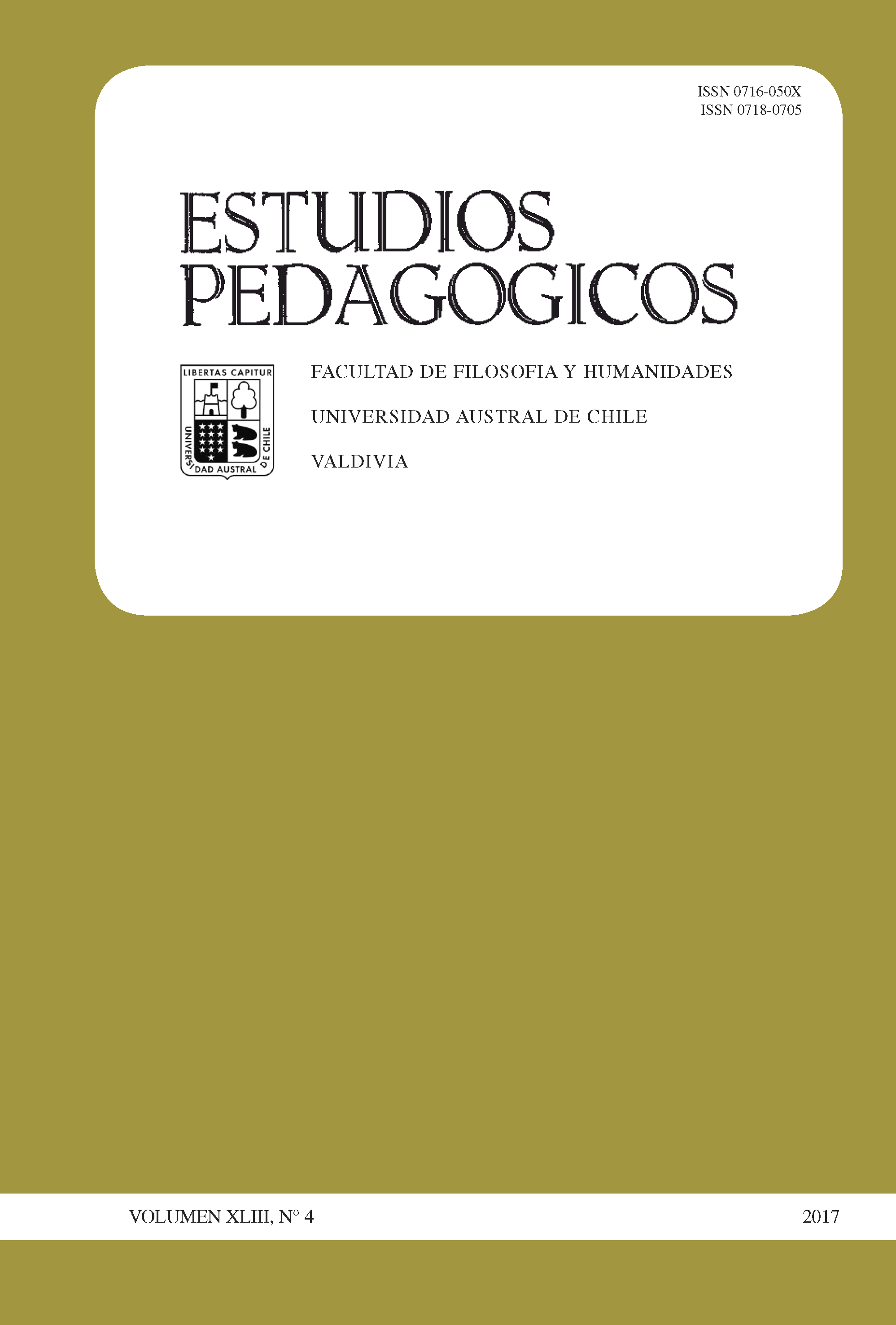Constructing a significant learning through local heritage: practicing Heritage Education in Portugal and Brazil
Main Article Content
Abstract
This paper proposes to present an approach to cultural heritage where theory and practice are mixed in the light of the research methodology in heritage education and history education, aiming to analyse and understand, in two different countries, Portugal and Brazil, how does the implementation of history teaching and learning activities with exploration of local cultural heritage, improves students’ progression in historical understanding and heritage awareness. The main lines of the theoretical debate (from Anglo-Saxon and Iberian to Latin Americans references) are described, as they support the methodology structuring this study.
Subsequently, we describe two case studies which have been developed in the area of formal education, with 7th grade students, in the north of Portugal, and 8th grade students, in the centre-west of Brazil, intending to understand students’ conceptions about diverse cultural heritage traces in their social geographic environment. The results of the educational experiences, developed in different contexts, although without comparative objectives, revealed that many of the students have surpassed their previous conceptions and some of them revealed historical awareness regarding the use of the observed cultural heritage. Accordingly, there is potential for the interpretation of heritage sources in education, once encouraging young people to reason critically about their environment and the relationship with others.

